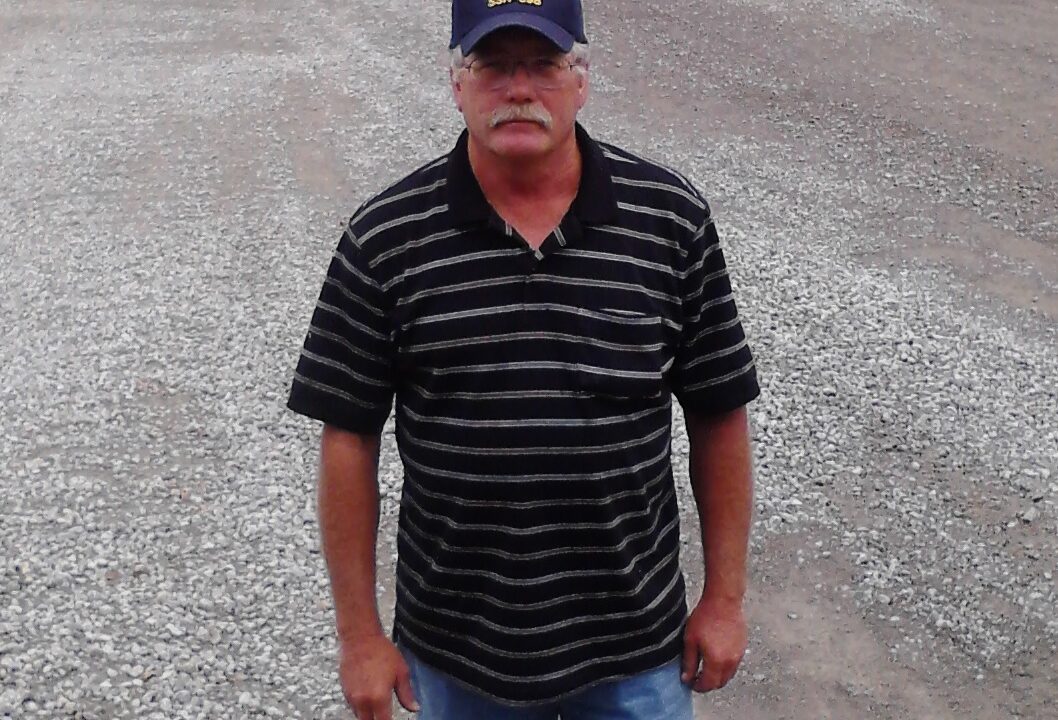Media

Landowners Will Bear Burden of Severance Tax
Randy Walker’s Armstrong County farm has been in the family for three generations. On 72 acres they grow hay, corn, oats, and care for cattle. A few years ago, Randy leased his land to local energy firm EQT, which built three Marcellus Shale wells on his property. Randy receives damage payments for the acres that aren’t usable during drilling. “The payments aren’t much” he says, “but if I said no, no one would get the benefits.”
The drilling site includes two lined ponds, one with fresh water and one with flowback water. “The water has to be at least two feet below the liner’s edge,” Randy explains, “and the fence around the pits go eight inches into the ground. When all the wells are drilled they’ll take out the water, and put the dirt back…the well pad will cover less than two acres.”
Randy has a good relationship with EQT. “They’ve been so easy to work with. They explained everything to me so I knew what was coming. They’ve been extremely honest…they took care of small problems quickly.”
For example, the company couldn’t build a road to move in their equipment due to an existing pipeline that no one would claim. In the meantime, EQT asked permission to use a small farm road. Randy recalls the road being completely destroyed, “It was a quagmire of disaster.” Eventually EQT rebuilt the road—a road they would never again use. In fact, Randy later asked EQT to add more gravel, and the same day they were out adding rock.
EQT also took care to protect the environment. “They did all kinds of water testing before and after drilling. I have cattle that drink from a spring just down the hill from the well pad, and we’ve had no problems.”
Soon the crews will return and begin a fourth well.
Randy is grateful for the extra income. He notes there are fewer financial pressures, “Life is a lot easier now for my wife and me.” Thanks to a leasing bonus and royalty payments, he was able to paint his barn and purchase a higher quality tractor. “There are over 600 acres in my pool. That’s a lot of people benefiting from drilling.”
Drilling in rural Pennsylvania isn’t just benefiting landowners. Randy notes his amazement when he visited the drilling pad and saw his brother-in-law from Texas. “He just happened to be assigned to my drilling pad,” he chuckles.
It’s not just out-of-staters who are finding work. Randy says he’s always running into locals working on his pad, from mechanics to construction workers. And he’s quick to point out that even the experts from Texas and Louisiana contribute to the local economy. During the construction of his well pad, workers booked rooms at a nearby hotel in Kittanning.
If a severance tax is enacted in Pennsylvania, Randy knows he’ll be the one paying the bill. “My royalties are based on my share of what the wells produce,” he explains. “A tax at the wellhead taxes my share and the company’s share, but the companies will just pass that on.”
In other words, it’s the landowners and consumers of natural gas heat or electricity that will bear the brunt of the tax. It’s a good reminder that people ultimately pay the taxes levied on corporations.
Randy concludes, “We could run our state economy on this boom if the government would let us. But with more taxes…I just don’t know how many wells won’t be drilled and jobs won’t happen.”